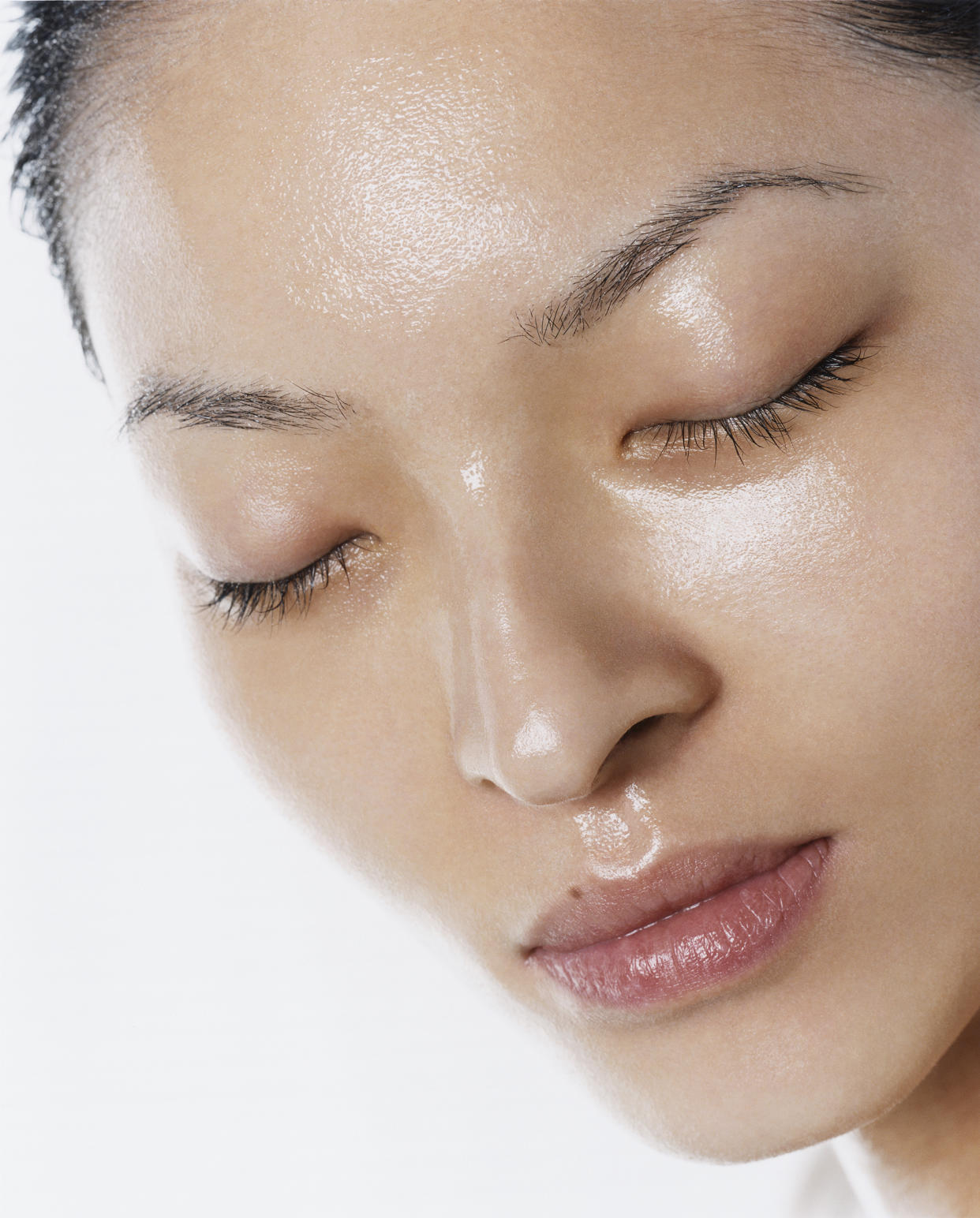Best serums to help all skin types get through winter

When it comes to skin care essentials, you may think serums are just for beauty editors and anyone obsessed with looking youthful. However, the benefits of a face serum are impressive when used consistently and regularly, providing a variety of long- and short-term benefits.
“Serums serve the dual purposes of superhydrating skin early in a product regimen and in delivering active ingredients,” according to Craig Kraffert, board-certified dermatologist and president of Amarte Skin Care. “The unifying purpose of serums is superhydration. Because of this, they are applied before moisturizers — the idea is to lock in this humectants with next-step product applications.”
And while you may not think a serum is a necessity, you’ll thank yourself once you see the difference, especially in the cold-weather months when dry, winter air tends to suck the moisture out of skin.
“Environmental conditions are often drier and sometimes harsh in fall and winter months. Because of this, heavier lotion-type serums are preferred,” says Kraffert.
How do you choose the best serum for your skin type? Ahead are some tips and product recommendations to help you maneuver the many, many options on the skin care aisle.
Dry skin
People with drier skin types should look for serums like Kiehl’s Midnight Recovery Concentrate ($46) with essential oils, such as evening primrose or flax. These ingredients will “enhance the viscosity of the skin and hold water in the skin more easily,” says New York City-based dermatologist Howard Sobel, who also believes combining a moisturizer can help with hydration. “In the fall and winter months, when skin is drier, I advise my patients to combine a serum and lightweight moisturizer in the palm of their hand for maximum hydration.” Be sure to layer your serum under your morning or nighttime moisturizer, opting for serums high in vitamin E and glycolic and hyaluronic acids.
Oily skin
“For very oily skin types, a hydrating serum is preferred, and those with oilier skin types may not need to apply a traditional moisturizer after serum application,” Kraffert says. His top choice, of course, is the Amarte Aqua Veil Pure Hydration Serum ($57) because it is super hydrating, delivers multiple anti-inflammatory and calming extracts, and promotes uniform pigmentation.
Arbonne chief scientific officer Peter Matravers says to be sure to read the ingredients label on your serums to avoid clogging your pores with heavy solutions. “Look for water-based formulas for your serums when you have oily skin. Many serums today are rather heavy, and some are composed of mostly oil, so be cautious to read the ingredient label if you have oily-prone skin.”
Sensitive skin
According to Kraffert, it’s important for individuals with sensitive skin to ensure that the active ingredients of serums they use are focused on calming with antioxidant and anti-inflammatory properties. These ingredients can include chamomile, green tea, goldenseal, ginseng, pomegranate extract, zinc, vitamin C, or grape seed extract. To help with redness, Murad Sensitive Skin Smoothing Serum ($57) is a good option because it contains grape, ginseng root, and cucumber fruit extract. Also, try to look for something with aloe vera. “An aloe vera base will help to reduce redness,” says Sobel, who also mentioned that water-based serums with antioxidants will reduce inflammation.
Combination and acne-prone skin
We know how difficult it can be trying new skincare products when you live in constant fear of an acne breakout. In this case, you should look for a product that contains oil-fighting ingredients to keep pimples at bay. Kraffert suggests lighter formulations, specifically those that will provide lasting hydration without oiliness. And don’t assume that because your skin is acne-prone, you shouldn’t moisturize. For combination skin, moisturizing is key after using a serum, followed by an acne-fighting agent. Sobel recommends looking for serums with hyaluronic acid, which will not only hydrate the oilier and dryer areas but brighten the skin as well. If you’re starting out with new products, try the Skin Inc. Hyaluronic Acid Serum ($35). It contains rich humectants that help improve skin hydration.
Mature skin
For this skin type, hydration should definitely be one of the main priorities when searching for a serum. “Lotion-type serums are preferred, as they tend to be thicker/heavier and more suited to the dryness that often accompanies mature skin types,” says Kraffert. Additionally, you’ll want to seek a serum with multiple benefits to correct, protect, and address signs of aging. Since more hydration is needed, be sure that your serum is adding the proper amounts of moisture back into your skin, and finish with a rich cream at night. For a fast-acting serum that quickly penetrates the skin, Caudalie’s Vinosource S.O.S Thirst Quenching Serum ($49) not only provides antioxidants but is oil-free and infused with water molecules that will deeply hydrate the skin from within.
Discolored or hyperpigmented skin
For people who suffer with hyperpigmentation (dark spots or discoloring as a result of acne scarring or overexposure to the sun), you’ll want a serum that also targets the discoloration. Kraffert notes, “For those with pigmentary dyschromia, consider seeking a serum with arbutin and other brightening agents (such as kojic acid or azelaic acid).” You should go for products high in vitamin C, like the Vitamin C Serum by Mario Badescu ($45), which is also paraben- and sulfate-free.
What are your thoughts on serums? Do you have any favorites? Tell us in the comments section.
Read more from Yahoo Lifestyle:
Follow us on Instagram, Facebook, and Twitter for nonstop inspiration delivered fresh to your feed, every day.
